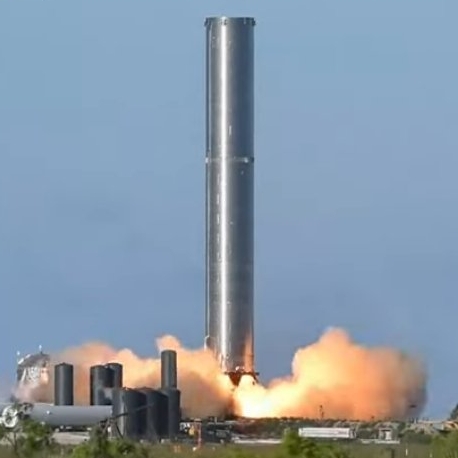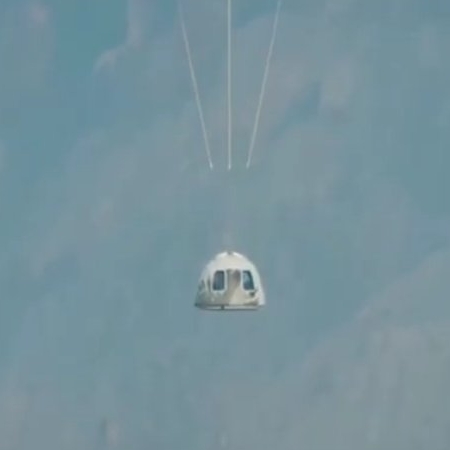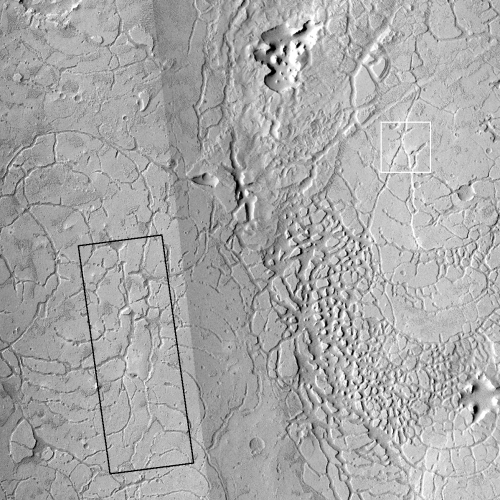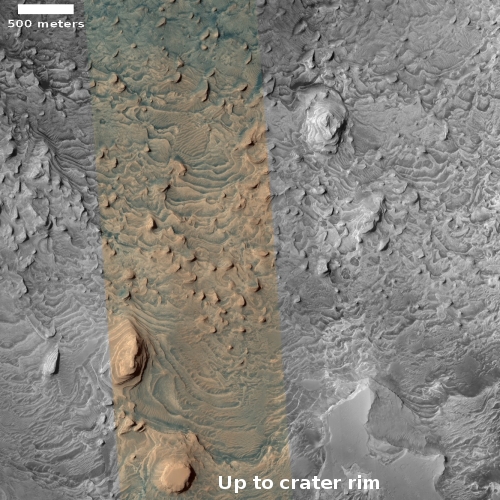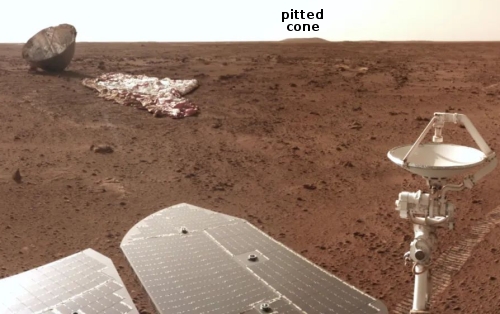It appears that a charitable foundation established by Elon Musk has recently decided to up its donations to the Brownsville Community Improvements Corporation by an extra $1 million, the money aimed at helping to revitalized the downtown of Brownsville, the nearest large city to SpaceX’s Boca Chica spaceport.
The donation was revealed during remarks by Josh Mejia, executive director of the Brownsville Community Improvements Corporation, during a Brownsville developers luncheon .
In his remarks, Mejia, pictured above, gave an update on the e-Bridge Center and other quality of life improvements coming to Brownsville. But, he received the biggest applause when he mentioned inward investment by Elon Musk. “I was texting back and forth with my board members and about 45 minutes ago I receive an email from the Musk Foundation. It is like perfect timing. It is like they know we are here. Well, they just mentioned they donated another million (dollars) towards this program. So, now we have $2 million,” Mejia said. The audience cheered.
This donation is all part of the modern game that requires big business enterprises to make payoffs to local and national politicians and “community activists.” Both Elon Musk and Jeff Bezos know this, and are playing the game to hilt. Both know that the politicians and “community activists” have been telling them, “Nice business you got here, shame if something happened to it.” Bezos responded by donating big to DC’s Air & Space museum, while spreading the wealth to many space advocacy groups.
Musk is instead focusing his payoffs to the local community, where it might do the most good for both him and the locals that his business affects. This donation is not the first he has made to Boca Chica, Brownsville, and south Texas. His foundation has also donated $20 million to the county schools, and another $8 million for other downtown Brownsville projects. The results, obviously helped by the business SpaceX is also bringing to the town, have been noticeable.
In the months since Musk pledged his $10 million, at least 10 downtown properties have gone under contract with interested buyers, said real estate broker Bob Torres Jr. Buildings that used to lease for 25 cents a square foot are now leasing for $1 to $1.50 per square foot.
Home prices have increased nationwide due to the pandemic and low inventory. In Brownsville, this trend has been exacerbated by SpaceX. “People are buying houses sight unseen from Washington state, Portland, Oregon,” Torres said. “They’re going above the asking price, which hardly ever happens.” Real estate broker Bruno Zavaleta III had a client drive from Atlanta and buy three houses.
According to the Brownsville/South Padre Island Board of Realtors, the median price for a home in Brownsville was $212,900 in June, up 47 percent from June 2020. To help with inventory, Esperanza Homes is building 675 houses in northern Brownsville. It will develop this master-planned community over the next six to eight years with a nonprofit community housing development organization called “come dream. come build.”
This pumping of donations by Musk to the local community however will not sell well with the mafia in Washington. The money isn’t going to them, and bullies don’t like that, even if the money is really doing good. Bezos understands this. It doesn’t really matter if the money he donates accomplishes anything real. What matters is that he has paid off the thugs who could make big trouble for him in the future.
Right now it is unclear who’s strategy will work best for protecting each company’s interests. Much will hinge on what each company actually accomplishes in the next few years. SpaceX is clearly ahead in this area, but Blue Origin can certainly catch up.
Hat tip Robert Pratt of Pratt on Texas.



